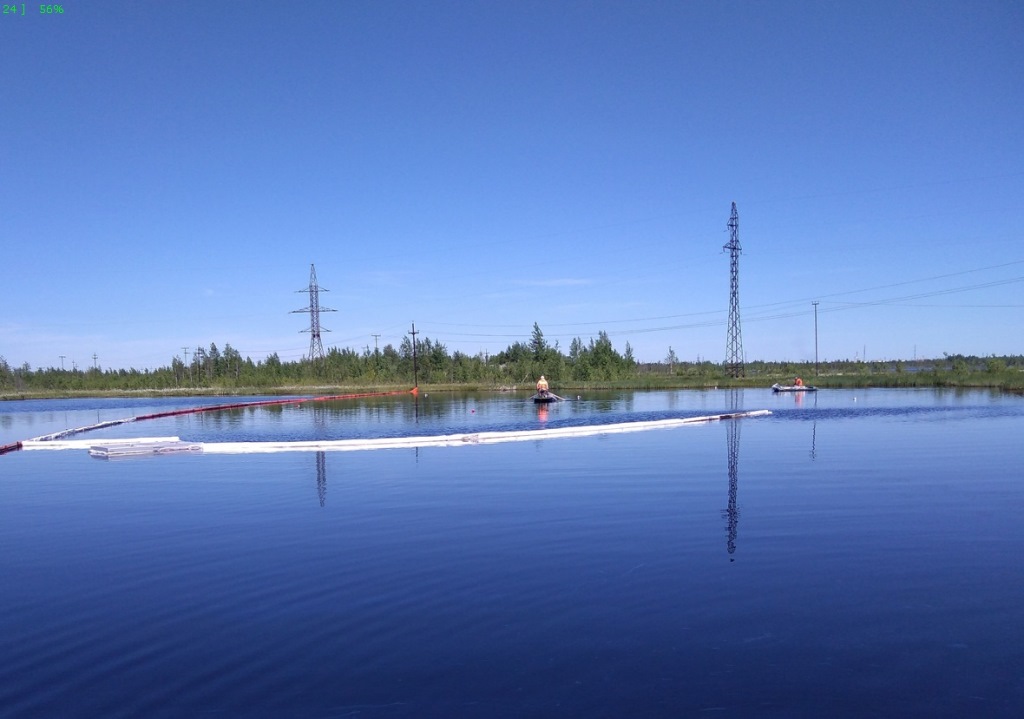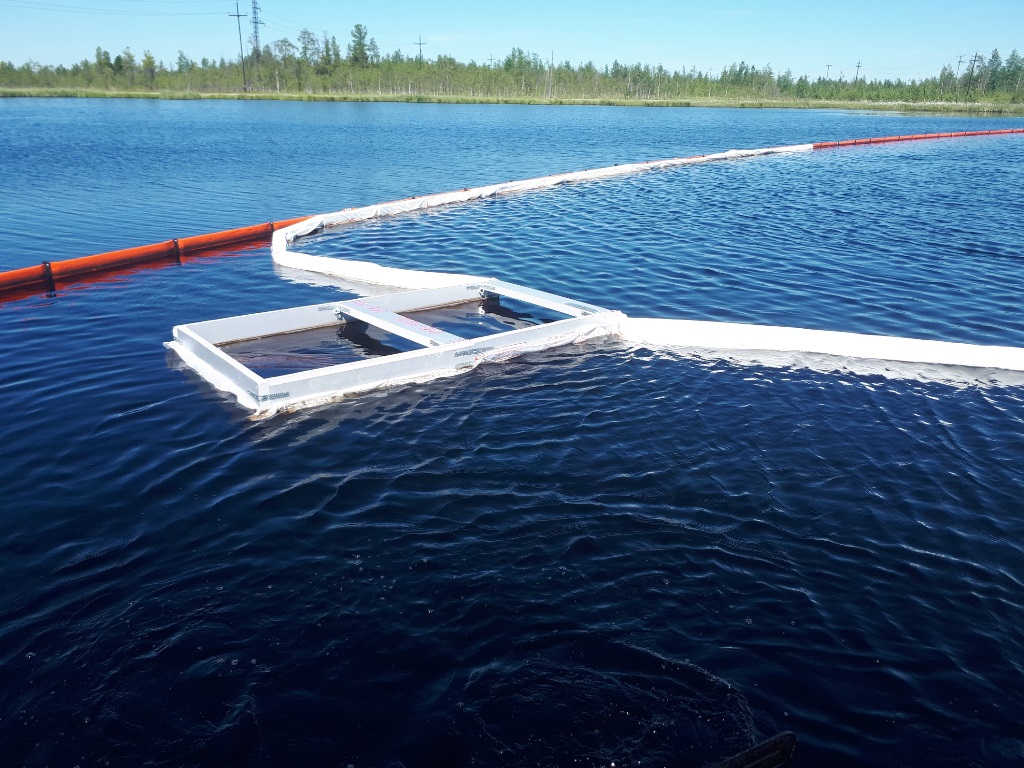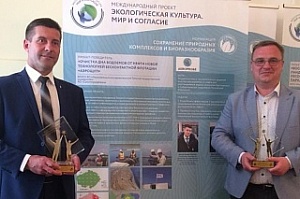The joint project of the TSU Biological Institute and Samotlorneftegaz JSC on cleaning oil from lakebottom sediments was the winner of the international project “Ecological Culture. Peace and Harmony”. The project implemented by TSU biologists and an oil-producing company was recognized as the best in “Conservation of Natural Complexes and Biodiversity”. The award ceremony took place on June 5, Day of Ecologist.
One of the key goals of the international project “Ecological Culture. Peace and Harmony” is identifying and popularizing projects aimed at introducing and developing innovative technologies in environmental protection. The technology Aeroschup, created by the scientists of the TSU Biological Institute, opens up great opportunities for rescuing reservoirs contaminated with hydrocarbons.
- Every year, as a result of accidents, about 20 million tons of petroleum products get into the environment and a significant part of the raw material enters bodies of water,- explains Danil Vorobyov, director of the TSU Biological Institute. - If the object is in an accessible place, part of the oil can be collected from the surface of the water, but if you do not collect the oil quickly, up to 60% of the raw material sinks to the bottom. There are reservoirs that are extremely difficult to reach. Oil remains in the bottom sediments for 30-40 years, poisoning the ecosystems of the lakes, so the question of cleaning them is one of the most acute environmental problems.
The TSU Biological Institute has been carrying out applied research in complex cleaning of bodies of water (both sediments and water) of oil and oil products for more than 15 years and is the leader in this area in Russia. The Aeroschup technology, created by Institute scientists, is unique in the world and characterized by minimal environmental impact and high efficiency.
This was proved during pilot tests conducted in the Khanty-Mansi Autonomous Okrug with the university’s partner Samotlorneftegaz. The results of a survey carried out after the remediation of 1.2 hectares of the lake showed that the oil content in its bottom sediments decreased 50 times[OU1]. This led to the launch of the lake’s self-healing process. Aquatic invertebrates (insect larvae) began to actively develop in the lake, which can be an indicator of clean water.
The managements of the TSU Biological Institute and Samotlorneftegaz JSC are planning to launch a new project - testing the winter version of the Aeroschup. Testing of the under-ice technology will be conducted in the Nizhnevartovsk District of the Khanty-Mansi Autonomous Okrug. As advantages of this option, scientists point out a minimal impact on the ecosystems of the lakes because in winter the reservoirs are in a sleeping mode. In addition, in the winter season, on snowmobiles they can reach any, even the most inaccessible object.




